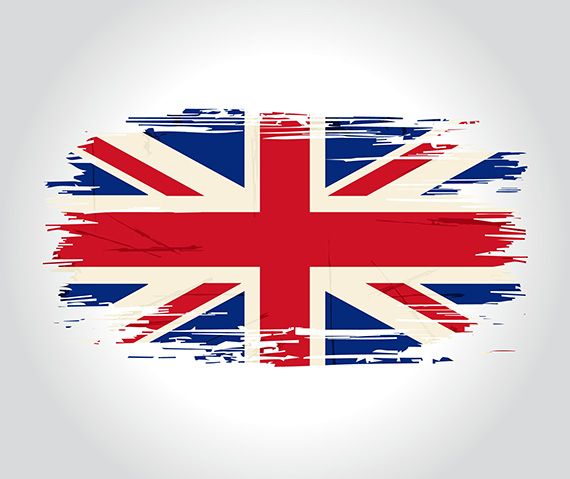More news
- Asian paint regulatory round up – Indonesian exterior paint still uses lead, warns W...
- Nigeria’s paint industry navigates regulatory changes and economic challenges amid p...
- Focus on the global coatings market: Global coatings market outlook
- View from the UK: Navigating chemical policy and sustainability
- Ask Joe Powder – October 2024

The barnacle-repelling antifouling biotechnology, Selektope®, has successfully faced its toughest challenge to-date, protecting the hull and niche areas of the world’s largest hospital ship while docked for extensive periods of time in warm waters, at high risk of barnacle fouling
A recent underwater hull inspection confirmed that even though Global Mercy spent more than 22 months stationary, at risk from barnacle fouling, since delivery to Mercy Ships in August 2021, the vessel’s hull and niche areas have remained completely free of barnacle fouling.
Uncoated surfaces of the vessel including the azimuth propellers and bow thrusters were found to be covered with biofouling, both soft and hard fouling species. Barnacle fouling was also present in areas where the coating surface was impaired, such as the bulbous bow and where anchor damage had occurred. This confirms the elevated hard fouling pressures in waters that Global Mercy frequented while delivering medical help from the Port of Dakar, Senegal, or while docked for maintenance at the Granadilla de Abona Port in Tenerife.
Selektope is an active agent ingredient added to marine coatings in nano-molar concentrations (approximately 0.1% per wet weight of paint) that is characterised by its first-of-its-kind bio-repellent mode of action, which keeps a ship’s hull free from barnacles with non-fatal effect on the target organism. When released from the antifouling coating, the organic, non-metal compound temporarily activates the swimming behaviour of barnacle larvae, making it impossible for them to settle on the hull and transform into the calcareous adult stage of their lifecycle.
READ MORE:
Focus on marine: Australia leads the way in marine coatings inspired by nature
From beverages to coatings: PPCJ speaks to Hempel’s new EVP & Head of Decorative
Focus on marine: Hempel dives into sustainability collaboration

The vertical sides and flat bottom hull areas of Global Mercy were coated with the antifouling coating SEAQUANTUM PRO ACE containing Selektope in September 2020. When floated, the vessel underwent extensive outfitting for a period of 300 days. If the vessel’s idling time during outfitting is also considered, the barnacle fouling protection delivered by Selektope spans more than 32 months of static performance in total.
Philip Chaabane, CEO of I-Tech AB says: “The past 32 months have served as the ultimate trial for Selektope, to protect a ship that is static in the barnacle fouling hotspots for many months at a time. The most recent hull inspection has confirmed that our technology is doing its job as a key component of the hard fouling protection delivered by the antifouling coating system. We are proud partners to the Mercy Ships organisation and grateful that we have the opportunity to help them to eliminate costs associated with hard biofouling accumulation in support of the charity’s incredible mission to help humanity.”
Mercy Ships is a charitable organisation whose volunteers provide medical treatment and undertake urgent operations onboard hospital ships docked at local ports in some of the poorest countries in the world. The charity currently operates two vessels, the converted passenger-ship Africa Mercy, and the purpose-built hospital ship, Global Mercy. In support of the charity’s vital work, I-Tech AB donated the required volumes of Selektope to Mercy Ships for use in the antifouling coating applied to the vessel.







